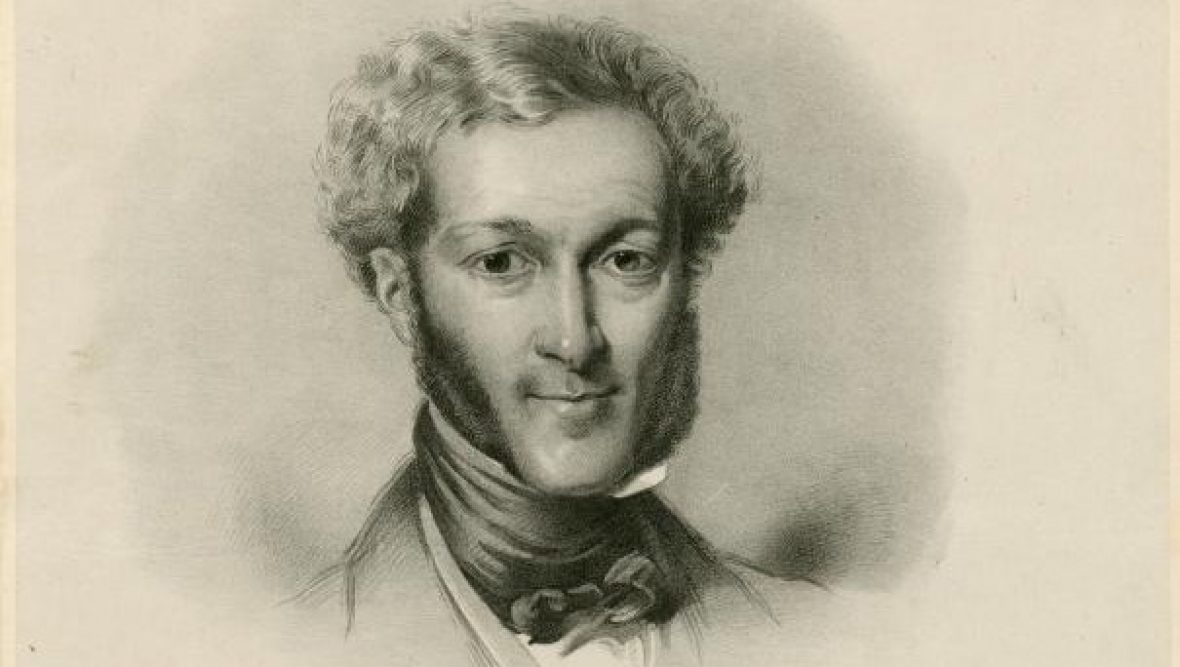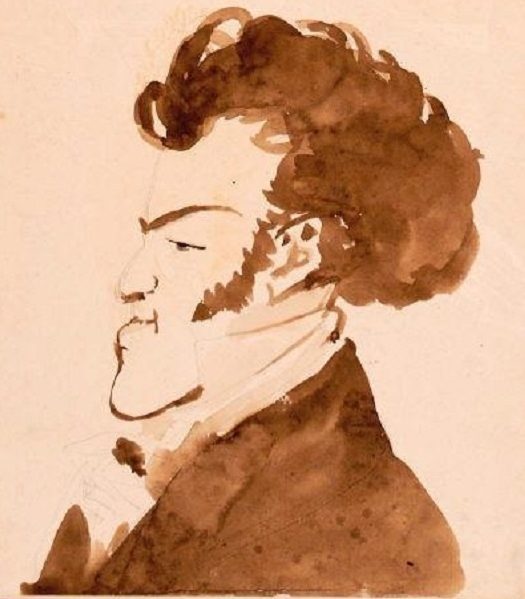The primary sources are newspapers and periodicals. As Leanne Langley writes, due to the vast amount of published press, especially British, researching them is a challenging task and the sources must be ‘used effectively [and] read systematically’.[1] Therefore, my method was divided into three phases. Firstly, I researched the British press, which is the most, then press published in France, Belgium, Denmark and the Netherlands, and lastly, press in the Austrian-German realm. In each phase, I conducted in-depth research of the available scholarship, newspapers, periodicals, playbills, autographs and published letters. I searched for any references to Moscheles’ performances, teaching, technique and compositions. I also researched different mediums, depending on what was available for each material, such as digitised versions, hardcopies and microfilms.
The main British digitised libraries I consulted are: 19th Century British Library Newspapers, The Observer, The Spectator, The Times and Proquest (British Periodicals). For the Belgian press, I researched the Belgica Press; for the Dutch press, Delpher; for the Danish press, the digitised Royal Danish Library, and for press published in France and in the Austrian-German realm I researched Gallica, Bayerische Staatsbibliothek, SLUB Dresden and ANNO-Austrian Newspapers Online. Apart from the digitised archives, I researched microfilms and hardcopies at The British Library, at the Bibliothèque nationale de France and at the Koninklijke Bibliotheek van België. At the Archives Nationales I also collected information for Moscheles’ concerts at the Académie Royale de Musique.
At the libraries, apart from newspapers and periodicals I also researched playbills, letters, memoirs and Moscheles’ music publications. For the latter I located many, as well as autographs, that have not been properly catalogued nor mentioned by any scholars. At the Brotherton Library at the University of Leeds I researched Mendelssohn’s letters to Ignaz and Charlotte Moscheles. I also consulted material either digitised or hardcopies from Beethoven-Haus Museum, Spohr’s Museum, Bodleian Library of the University of Oxford, Royal Academy of Music, Royal College of Music, Royal Society of Musicians, Senate House Library of the University of London, British Library, Foundling Museum and from Wienbibliothek im Rathaus.
To return to the press, when collecting reviews and advertisements, I tried to locate as many advertisements as possible by each newspaper to observe how often concerts were advertised, what they advertised and their purpose in their selectiveness. Many of the advertisements, even within the same newspaper, were not identical. For many concerts, especially earlier ones, the closer to the date an advertisement was, the more alterations to programmes and performers were made.
Some publications frequently advertised concerts without reviewing them at all, whereas others did not advertise concerts but did review them. Due to time limitation and to vast numbers of published press dealing with music, especially in London, I researched specific range of dates and specific pages where advertisements and reviews were usually included. However, there were some exceptions, as some advertisements and reviews were sometimes printed on different pages. I did locate many of them, yet not necessarily everything. Therefore, I do not claim that these were the only performances by Moscheles nor that I found all surviving advertisements and reviews, however, I collected far more than have been discovered previously. Not everything was advertised or reviewed, especially soirées for which there were scarcely any reviews.
To investigate Moscheles’ musical journey, I used a web application created specifically for my research by Pegasos IS and added the music performed by Moscheles during his career. In doing so, I could research efficiently his concert life. Then, I created a website for Moscheles’ performances throughout Europe.[2] The website investigates the abovementioned ideas and concepts through Moscheles’ benefit concerts, concerts he participated in, performances at parties, at dinners and at different events. Each concert entry includes advertisements, reviews, playbills, and extracts found in letters and in the two volumes of Moscheles’ memoirs, to be discussed below, AML and RMM. I also created concert programmes by reviewing advertisements and reviews. The reviews cited in the thesis and the music performed at each concert can be found on the website. Additionally, the foreign quotations cited in the thesis are in appendix 5.
Lastly, Henry Roche, the great-great-grandson of Moscheles, who currently lives in London, has kindly given me material he had in his possession, such as autograph letters, three account books by Moscheles and some playbills.
[1] Leanne Langley, ‘The Musical Press in Nineteenth-Century England’, Notes, (1990): 583.
[2] Sevastiana Nourou, ‘Ignaz Moscheles’ Concert Life’, https://ignazmoschelesconcert.life, 2022.

